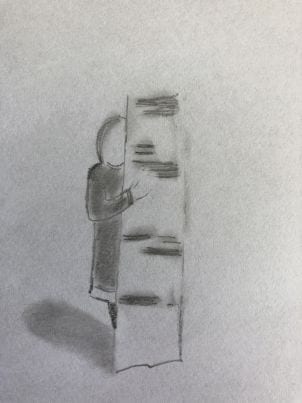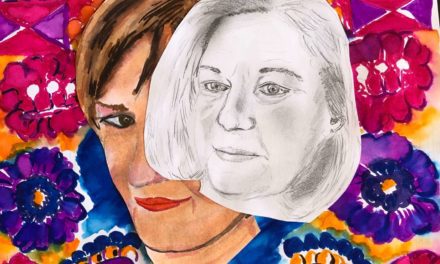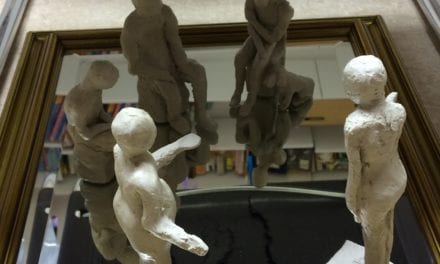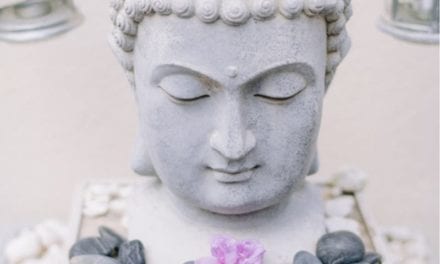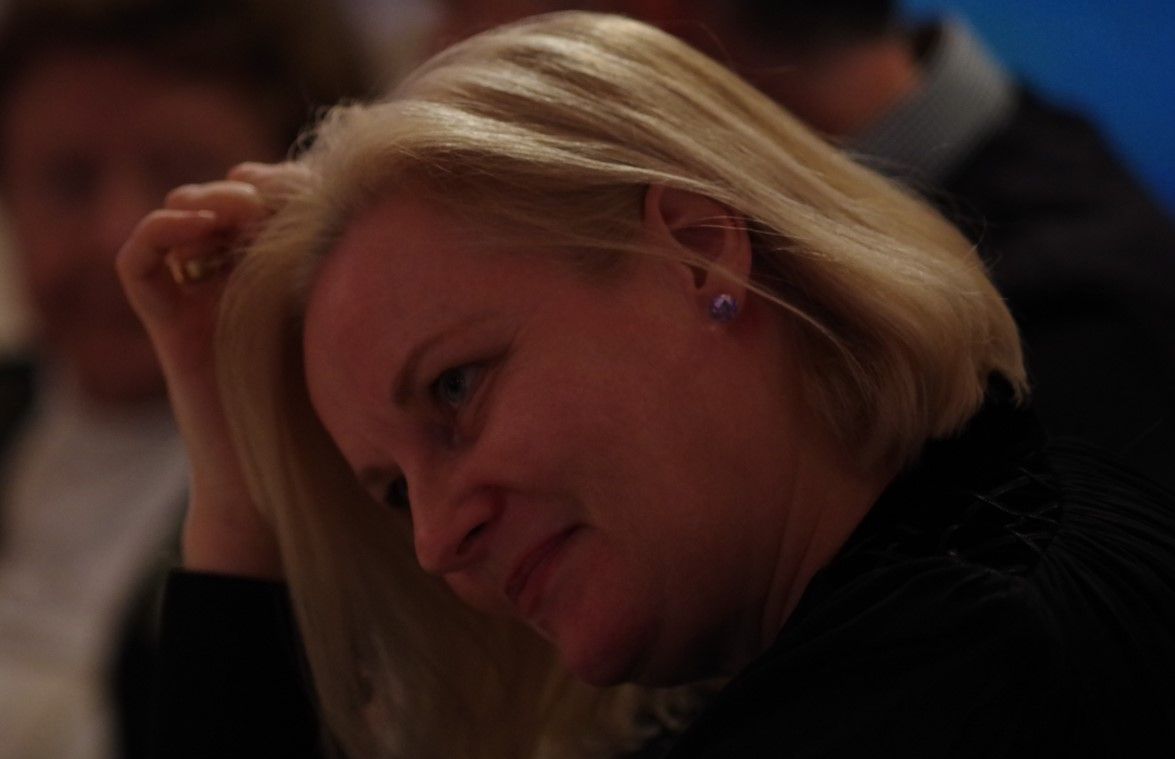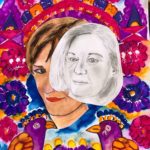Table of contents
I'm gonna be like I was before again, aren't I?
For a long time I thought I would conquer the pain; that I could find the key and the pain would be gone. https://shamethepain.de/wie-gehts-uns-heute/ I will get well, heal, because I am strong, unyielding, thorough, and capable. I believed I would become like I used to be - energetic, spontaneous. Finally, shortly after the diagnosis, I met my husband. He married a small family, me and my daughter. I thought of all the things we will do together when the pain is conquered. He will write in another post about what it is like to be the partner of someone with a chronic illness.
First angry, then crushed, and then...
But it was not only about fighting the disease. It took a lot of energy and used up my resources. Speaking of resources. Do you know the "Spoontheria"? It was created by Christine Miserandino, who suffers from lupus and fibromyalgia. She illustrates how she uses her resources every day. Have a look here. A link to the German version is at the end of the post. https://www.youtube.com/watch?v=jn5IBsm49Rk
I was exhausted and still on the ground. I had to realise that I was going too fast on the wrong track. The pain and all the other symptoms brought me to a standstill. I had to learn to accept that this was the way it was. That was a long process. Even now I catch myself in a pointless war with myself. The pain and the new partner were signposts in a different direction. But that doesn't mean that I always walk happily on my new path now. I often stumble and sometimes even fall down. It's hard to get up.
Being able to laugh at yourself
Two years ago I visited my cousin in England. She asked me if I wanted to go to the Restorative Yoga Class with her. She goes to yoga every week and once a month, it's restorative yoga. I was hesitant at first because I find it very hard to get down on the floor unless I fall, and even harder to get back up. I went along and it was a wonderful experience. When my cousin watched me trying to get back up from the floor, she said, "You wouldn't have made it in the yoga class." How I knew! The other day my physiotherapist had a joke with me and said she'd put a turtle on my back and sit me next to it, and then we'd see who won the standing up competition. The turtle, of course. She gets to say that. Being able to laugh at yourself is really necessary when you are chronically ill.
A different approach to illness and death
Elisabeth Kübler Ross wrote the book "On Death and Dying", which was published in 1969 in the USA. The German title is "Interviews with the Dying". She was concerned that death should once again become a topic, that we should talk about it and not repress our feelings on it, so that we all may die more peacefully and yes, more happily. She is co-founder of the hospice movement.
In her book, she let the dying have their say. She also described the Five Stages that seriously ill people go through. Why am I telling about a person who dealt with dying in depth? Fibromyalgia does not lead to death. No it doesn't, but it changes a lot in your life. These five stages can relate to all kinds of loss, crisis, and illness. However, they are not stages that come schematically one after the other, that you can sort of tick off. They are stages that many sufferers experience, some stages more than once. Some phases at the same time.
The five phases of coming to terms with a disease
Have you seen the movie "The Best for the End" with Jack Nicholson and Morgan Freeman? It's a great film by director Rob Reiner from 2007, and it does a wonderful job of depicting the five stages of coping with illness.
- Denial is the first phase. You don't want to admit that you have this disease. Pretending that the disease is not there is the motto. Nothing will change in your life. I don't know if so many people experience this phase after a fibromyalgia diagnosis. Many are initially grateful that their suffering has a name. Of course, it would be better if that suffering was curable. That may be what we don't want to acknowledge, a chronic illness that doesn't lead to death, but may accompany you for the rest of your life. The realization that you have something for which there is no pill, so that everything will be all right again. We don't want to admit that at first. With Fibromyalgie it is not only we, the concerning, which do not want to admit it, but also many others believe again and again another explanation for the symptoms of the Fibromyalgie to have. At this stage, however, it is not that that is meant, but what it does to us, to each individual.
- Anger is the second phase. In this phase you ask, "Why did it hit me?" In the end, there is never an answer. In this phase you are angry, perhaps irritated with those around you. "You don't understand what I am going through". You look a lot for reasons and causes, and you may want to blame someone or something for the fact that you are ill.
- Negotiation is the next phase. If you are a believer, you might negotiate with God, "Why this fate?" Then comes the bicycle chain. You try to find connections between things in your life and the development of the disease, and you think. "Should I have done this or that differently?" It is possible that you try out a lot at this stage. This should either lead to the realisation that I have something different after all, or I will find something that heals after all, "if I only....". You are certainly negotiating with doctors and therapists about your treatment, about medication. Maybe you also negotiate with your partner or family.
- Depression is the name of the next phase. But it is not about the illness "depression", but, if you understand it literally, that you are crushed. You may regret things you didn't do and can't do now. You are sad, you regret. Here perhaps comes the realisation that you will no longer be the way you were.
- Acceptance is the name of the fifth phase.
Everyone experiences the phases and his or her illness differently
Mrs. Kübler Ross has contributed to great shift in our perception illness and death. She always took great interest in what her patients had to say. Every individual story that a patient had to tell, interested her.
With dying people, the phases are experienced somewhat differently, especially at the end. Last year, both my mother and my mother-in-law died and I was able to observe some of these phases. Here I try to interpret them in relation to the illness. Each phase leaves room for other interpretations. Perhaps you also know these phases or are thinking about them now. How do you experience them?
Here the spoon theory is explained in German. https://www.vdk.de/berlin-brandenburg/pages/76831/spoontheory
Photo by Damian Markutt on Unsplash
